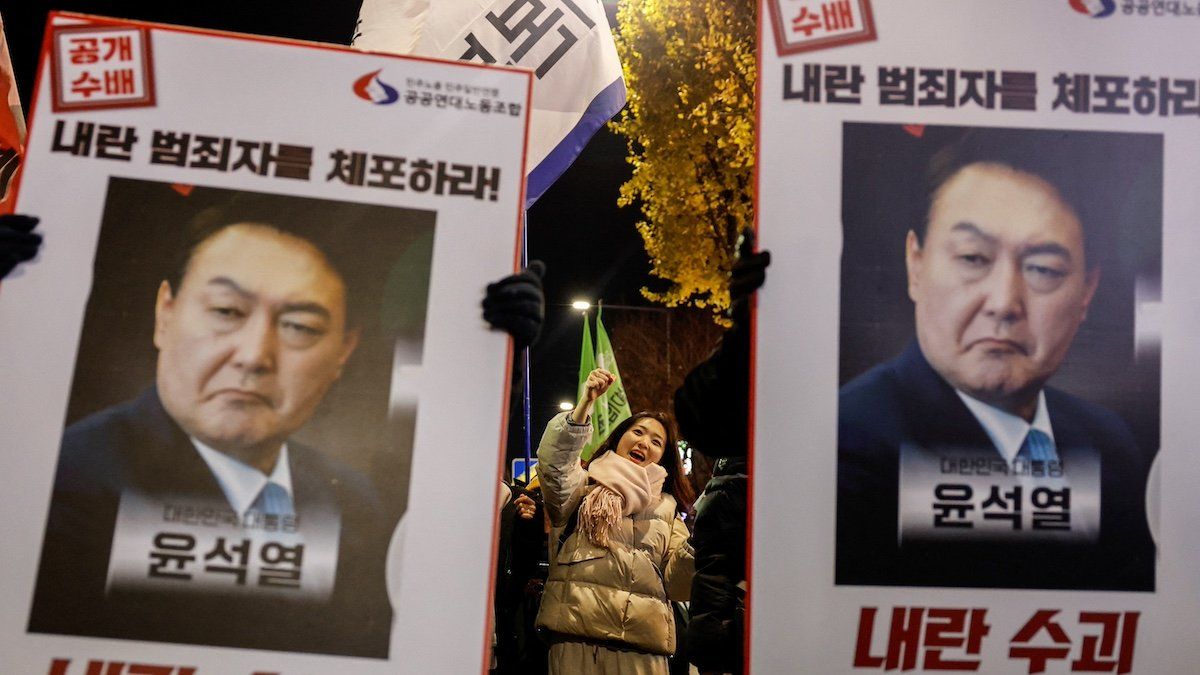On Thursday, Han Dong-hoon, the leader of South Korean President Yoon Suk Yeol’s party, said he was opposed to impeaching Yoon because it would add to national confusion. By Friday, however, he had changed his mind.
“Should Yoon continue to serve as president,” Han said Friday, "I think there is great risk for extreme actions like this martial-law declaration to happen again."
Now, the clock is ticking: By Saturday, lawmakers will vote on Yoon’s future, and if two-thirds agree to impeach, he will be immediately suspended from office.
Han’s change of heart may be linked to reports that Yoon ordered Han’s arrest when he declared martial law on Tuesday. According to the National Intelligence Service deputy director, Yoon’s arrest list also included the leader of the main opposition Democratic Party, Lee Jae-myung, and three opposition lawmakers. But there is confusion about that, too, because the head of the intelligence service said the opposite — that Yoon had not ordered arrests of the lawmakers.
Details of the chaotic planning “are more damning than initially expected and indicate that South Korea’s political system may have narrowly escaped a far more destabilizing outcome," says Eurasia Group’s Jeremy Chan.
The opposition controls a majority but falls eight votes short of the two-thirds margin needed to impeach. If Han lends his support to the effort, then Yoon’s goose is likely cooked.
Meanwhile, amid fears that Yoon might try to declare martial law again, South Korea's acting defense chief says he would refuse any such orders.
Watch the streets. Many South Korean voters are outraged by Yoon’s actions, and a failure to remove him from office quickly is likely to cause the modest protests and strikes to grow dramatically. We have our eye on the reaction to the impeachment vote, and to Han’s reversal on fighting it.
